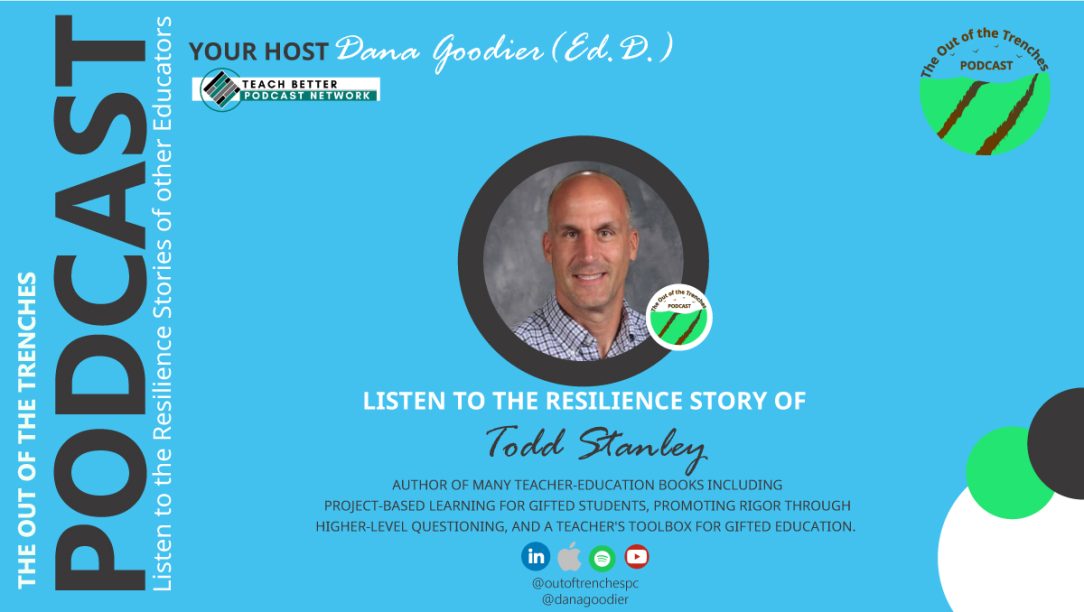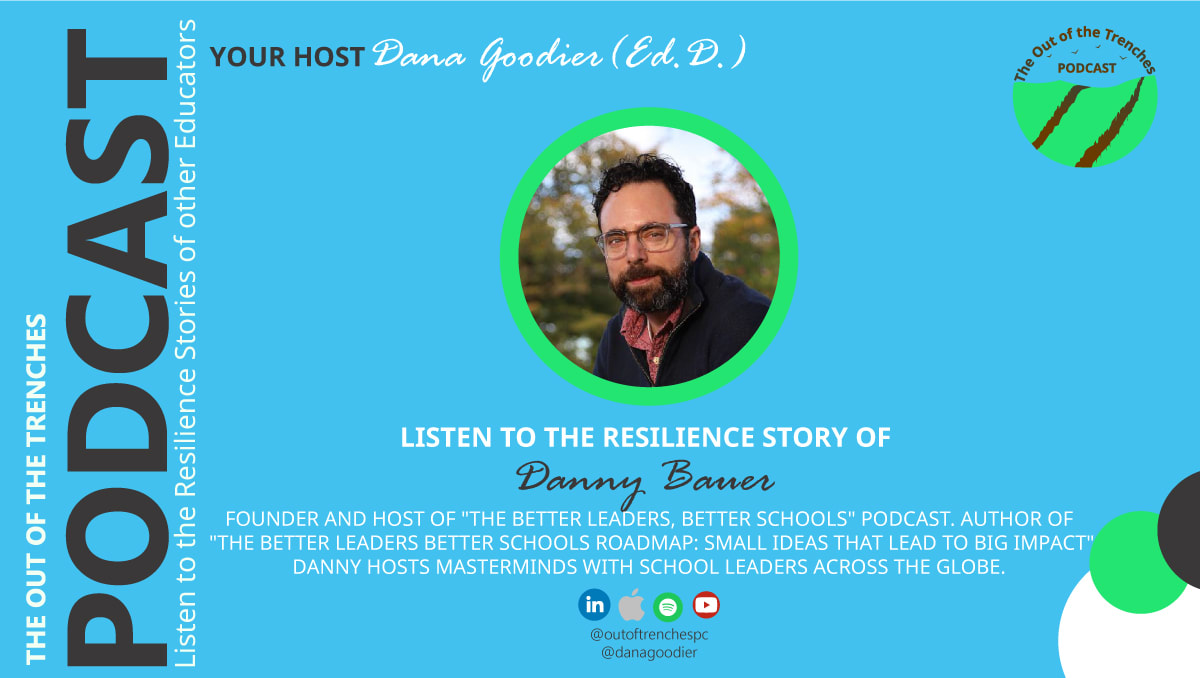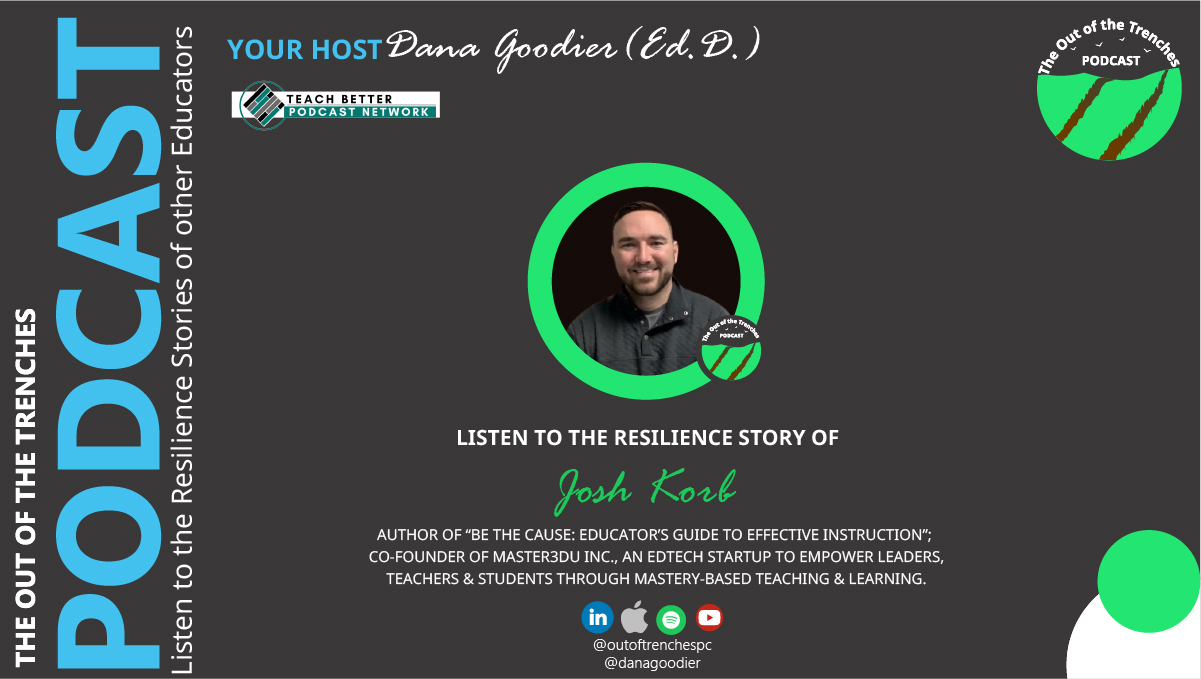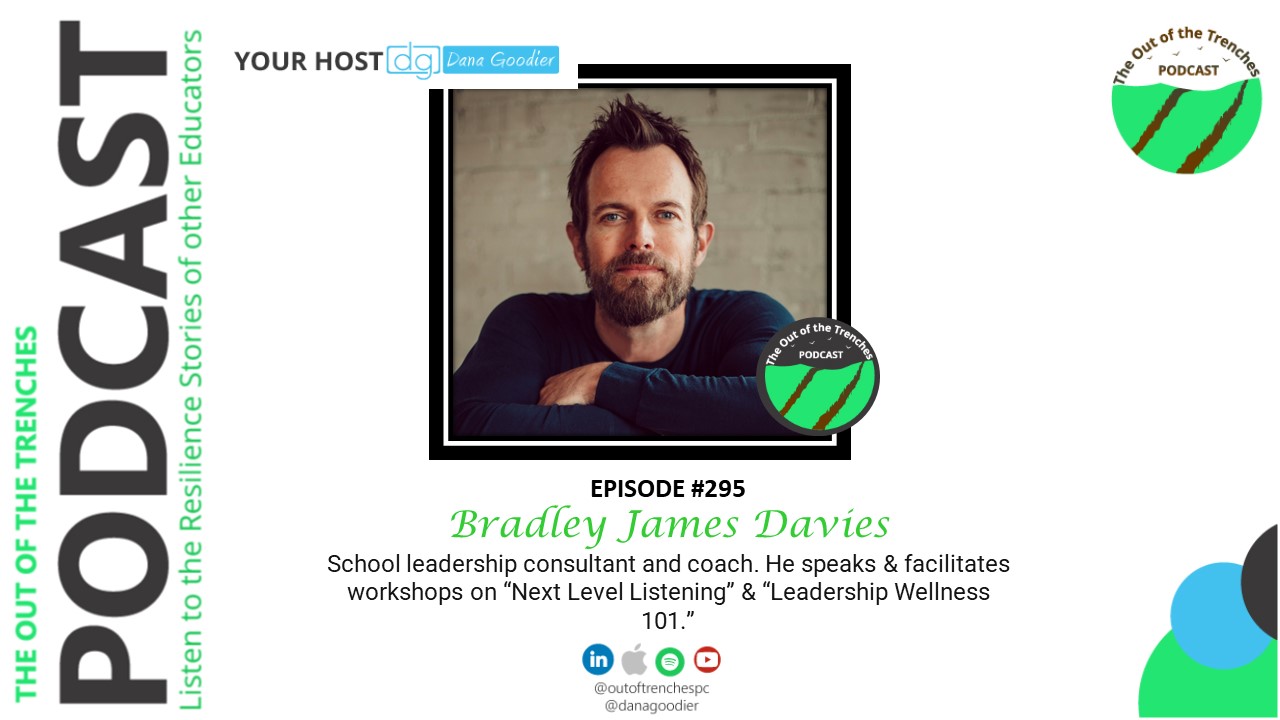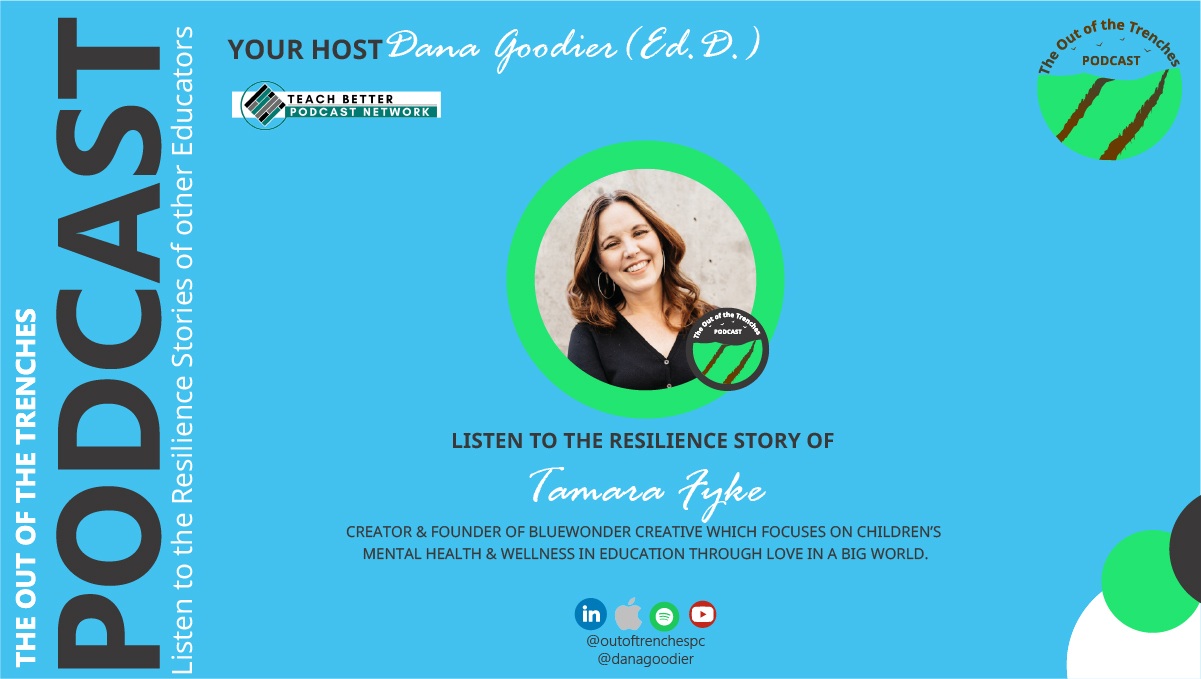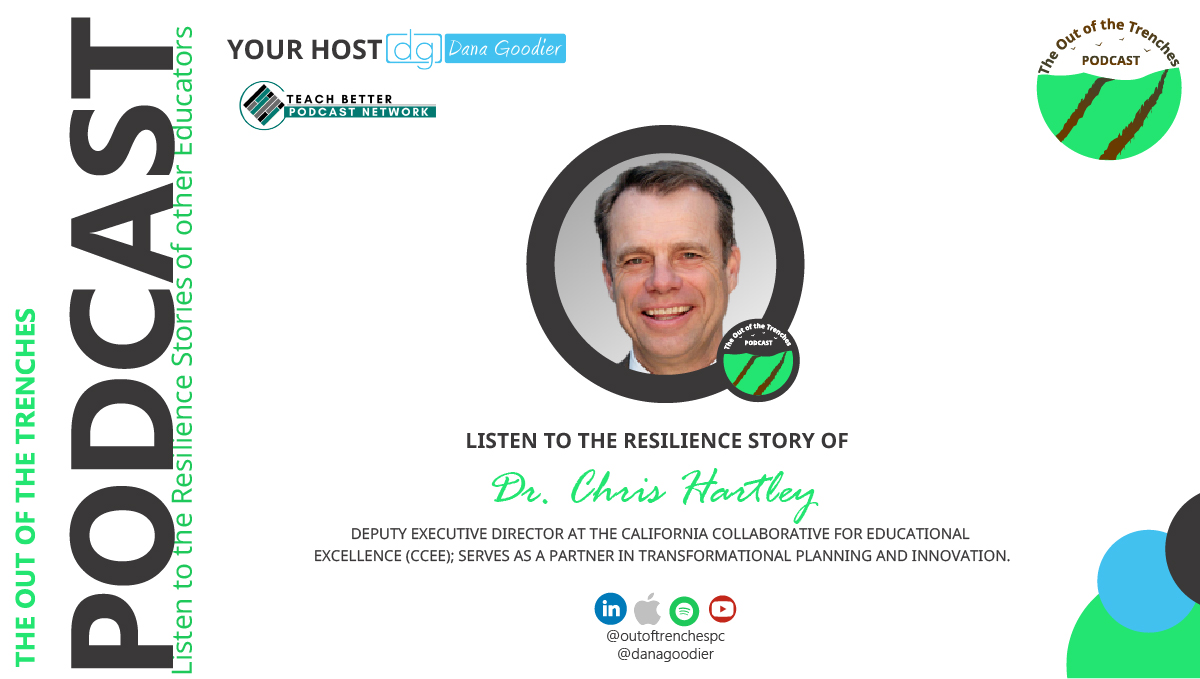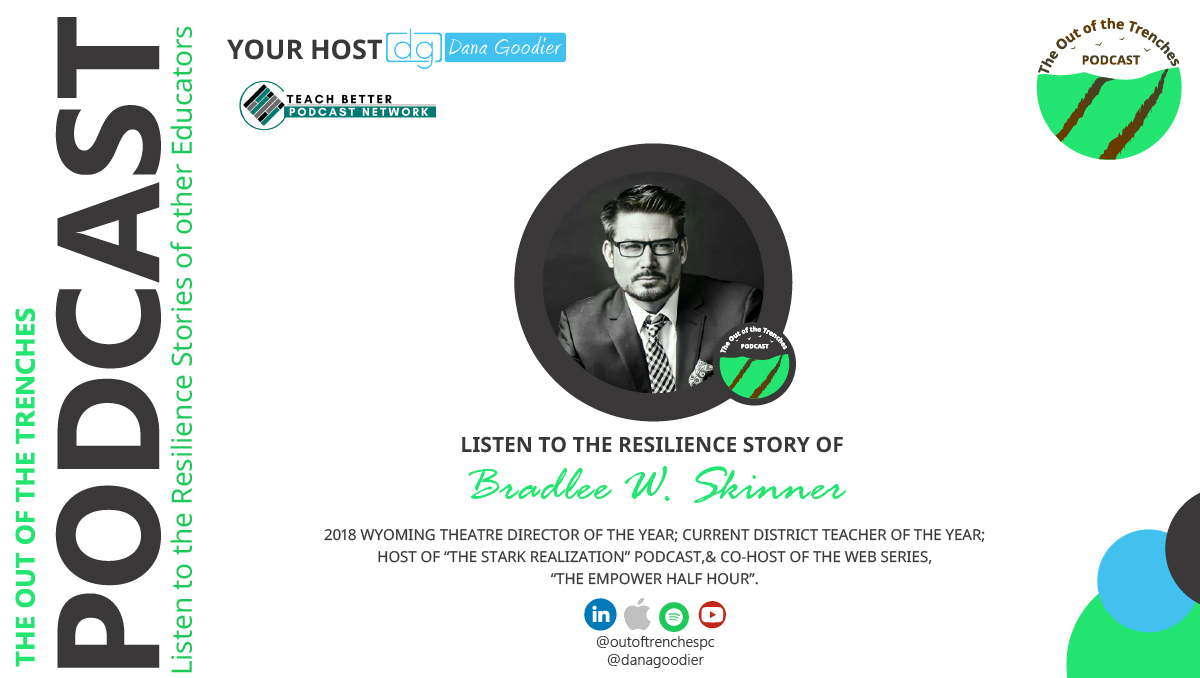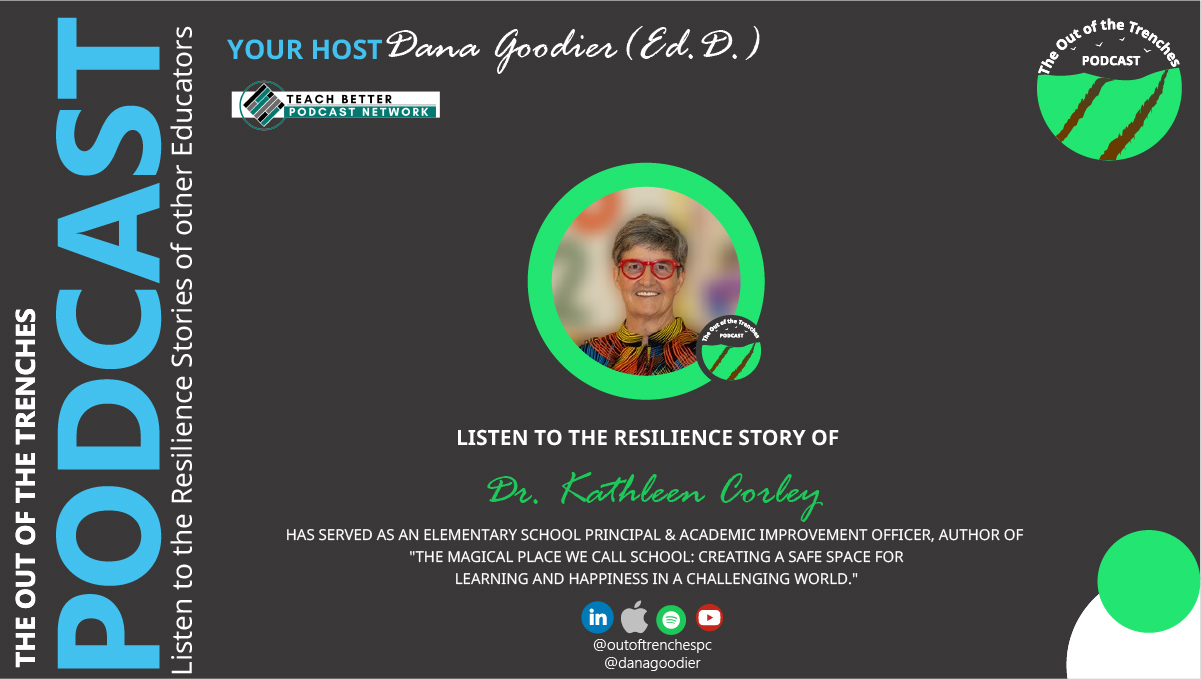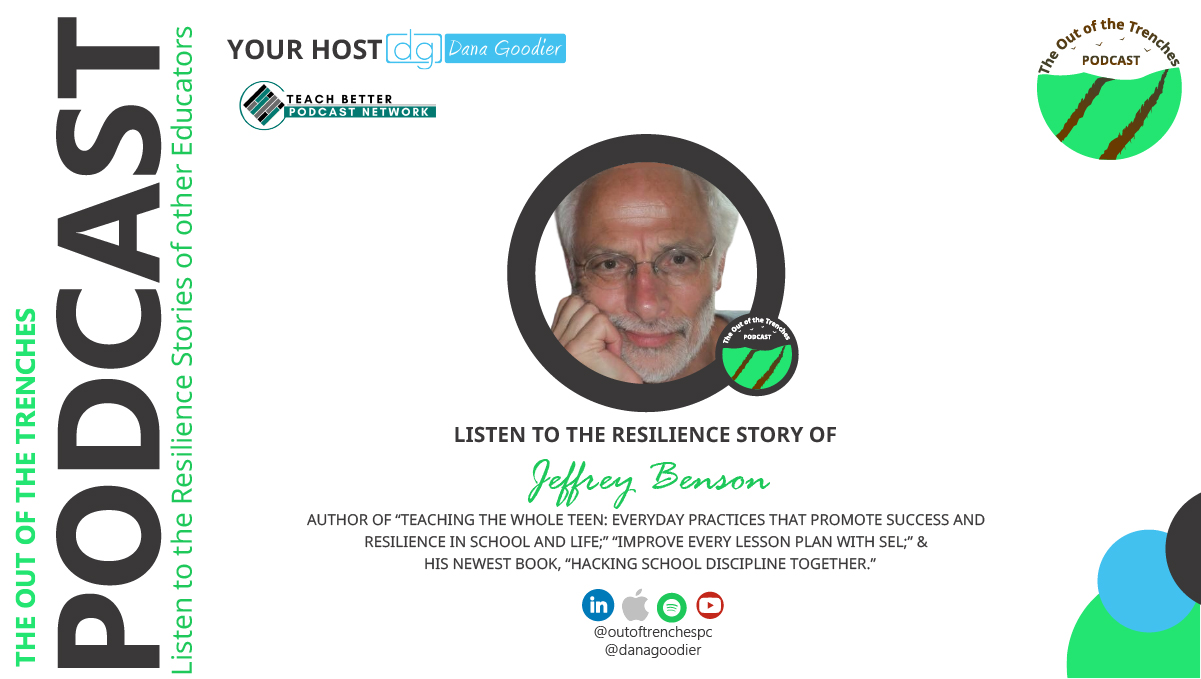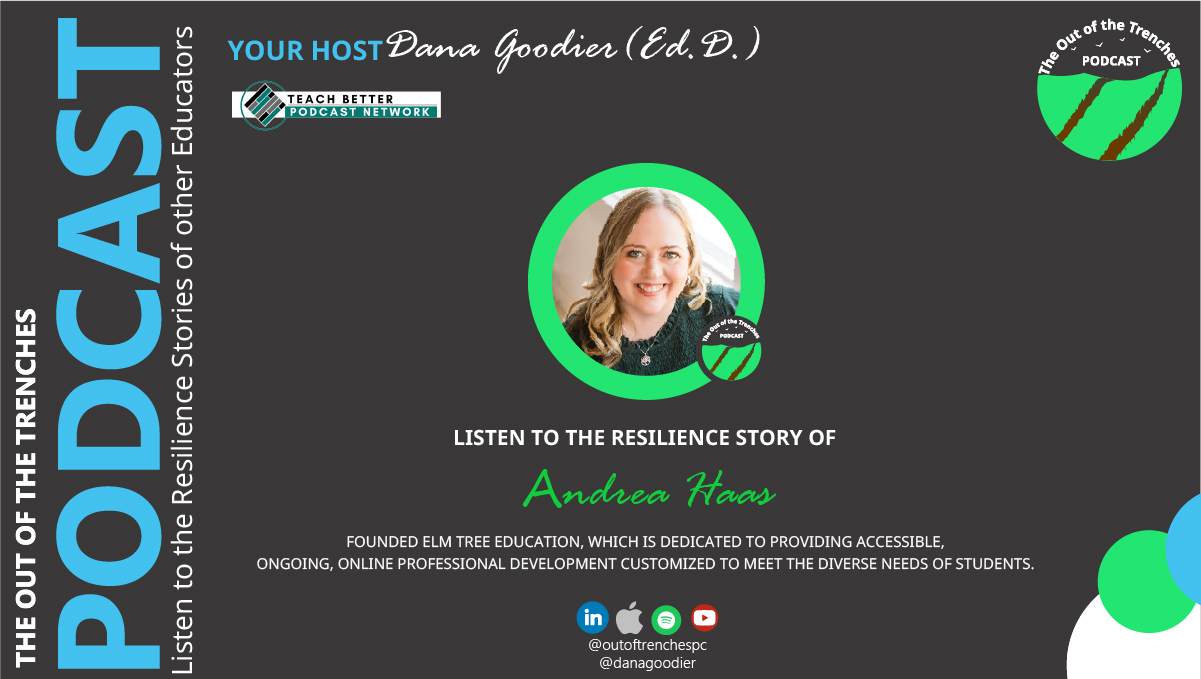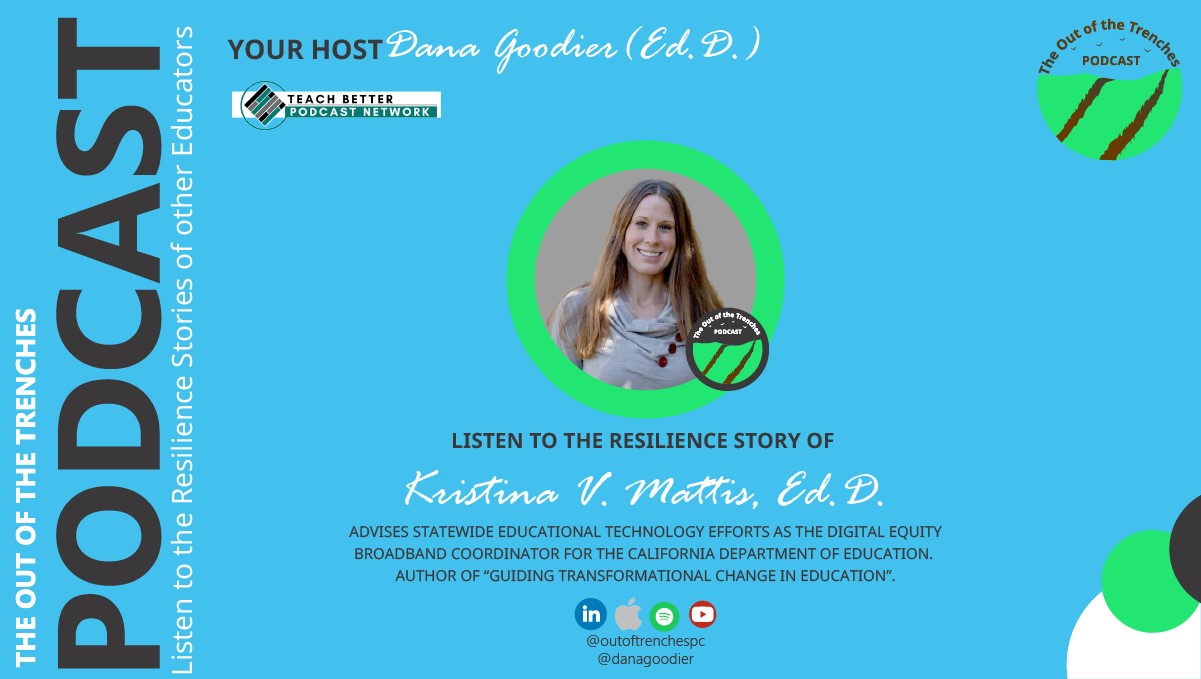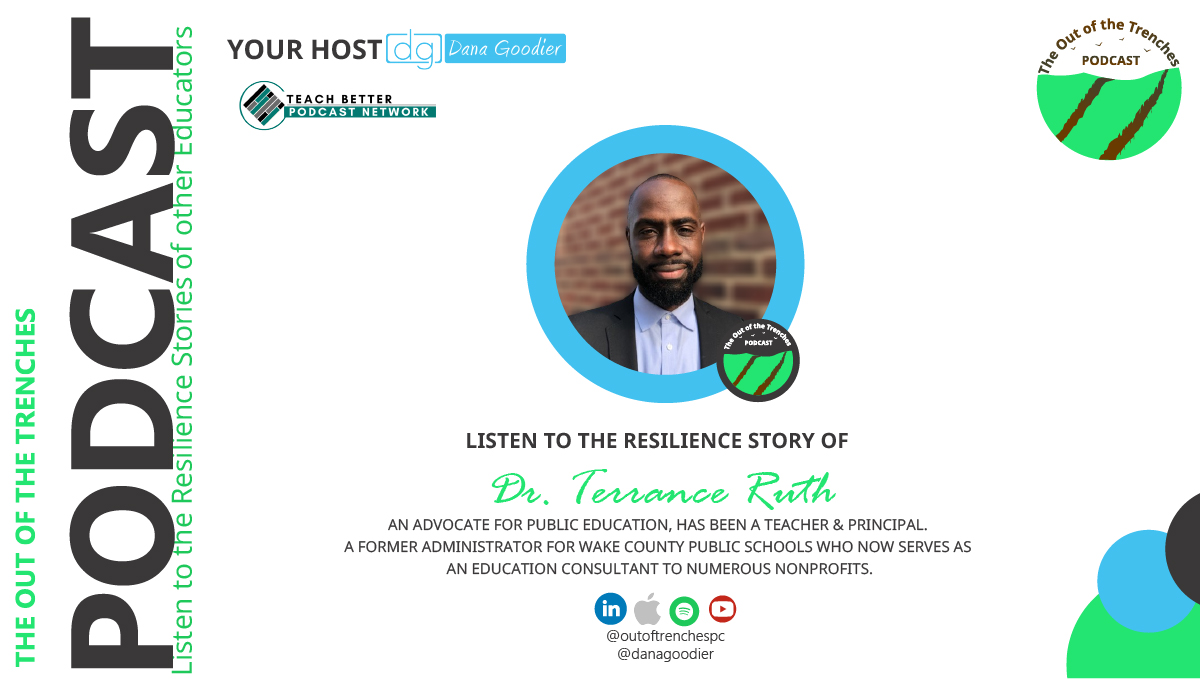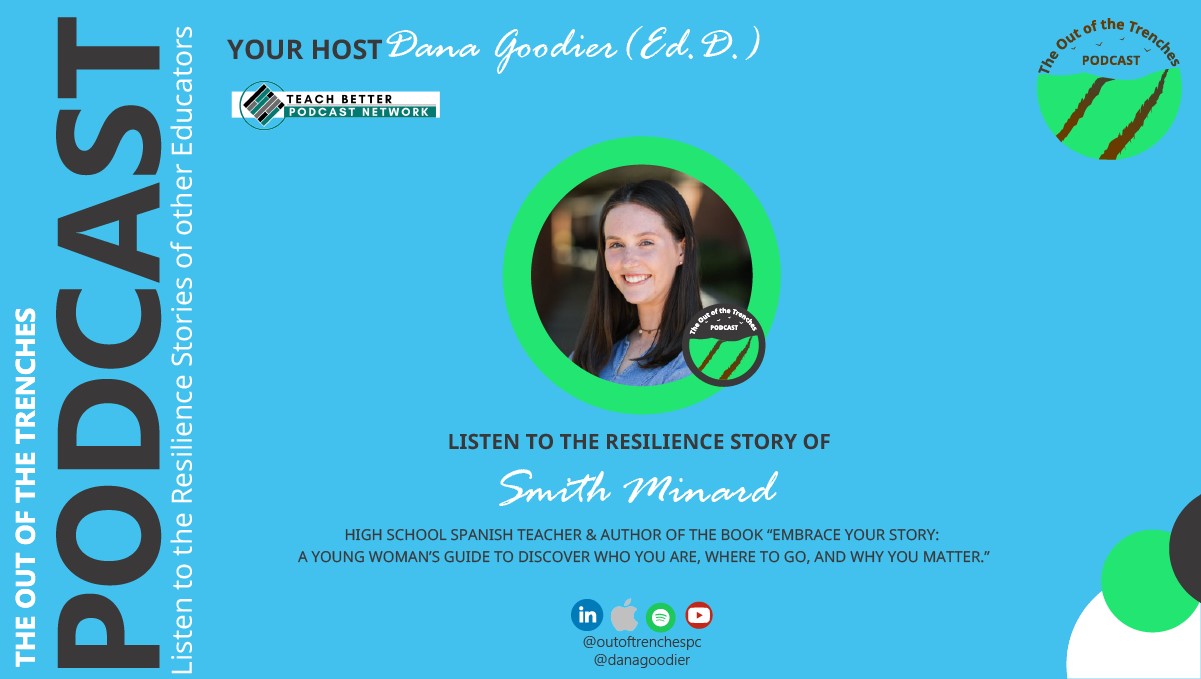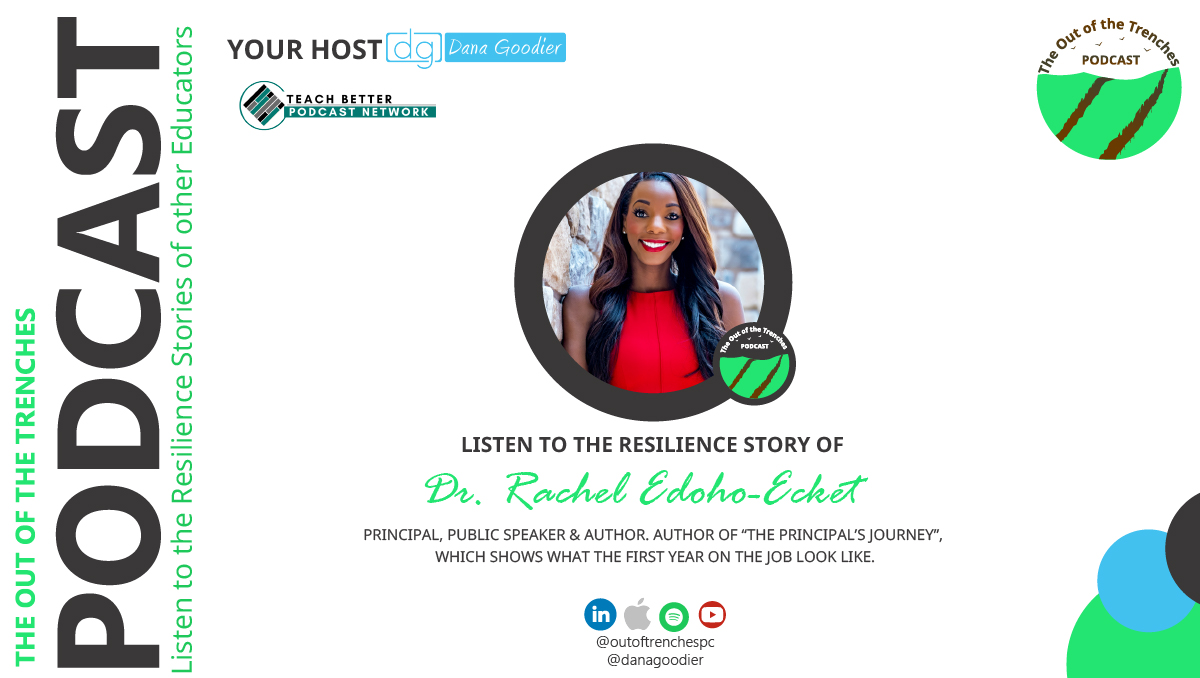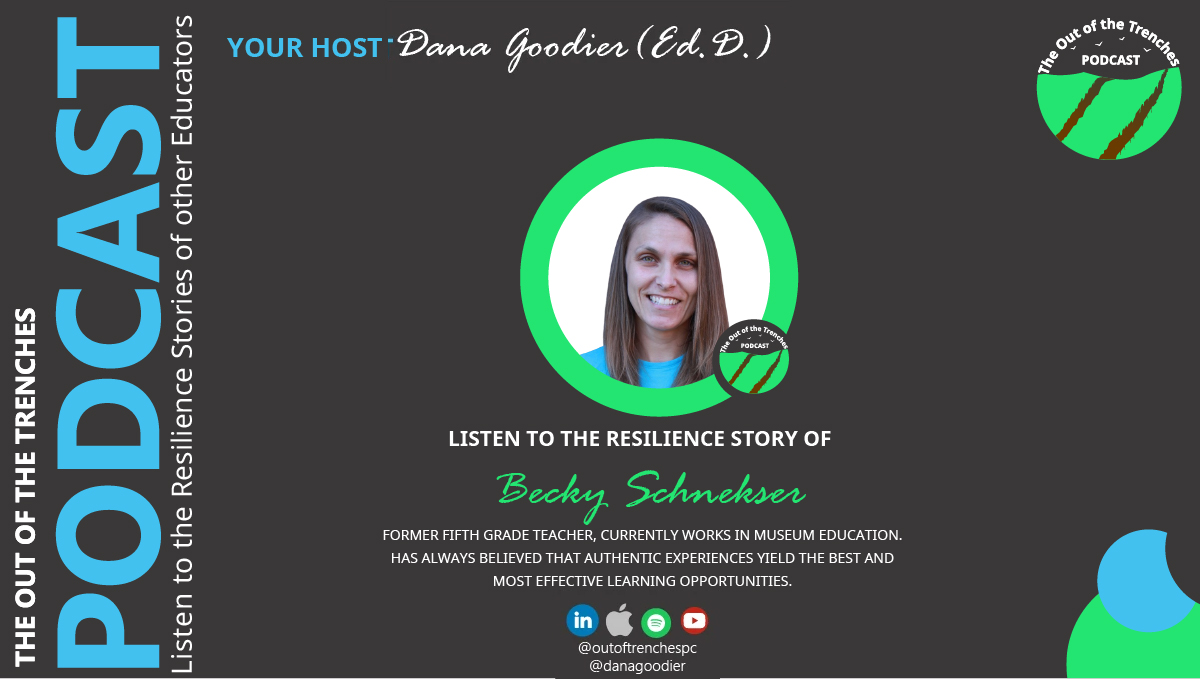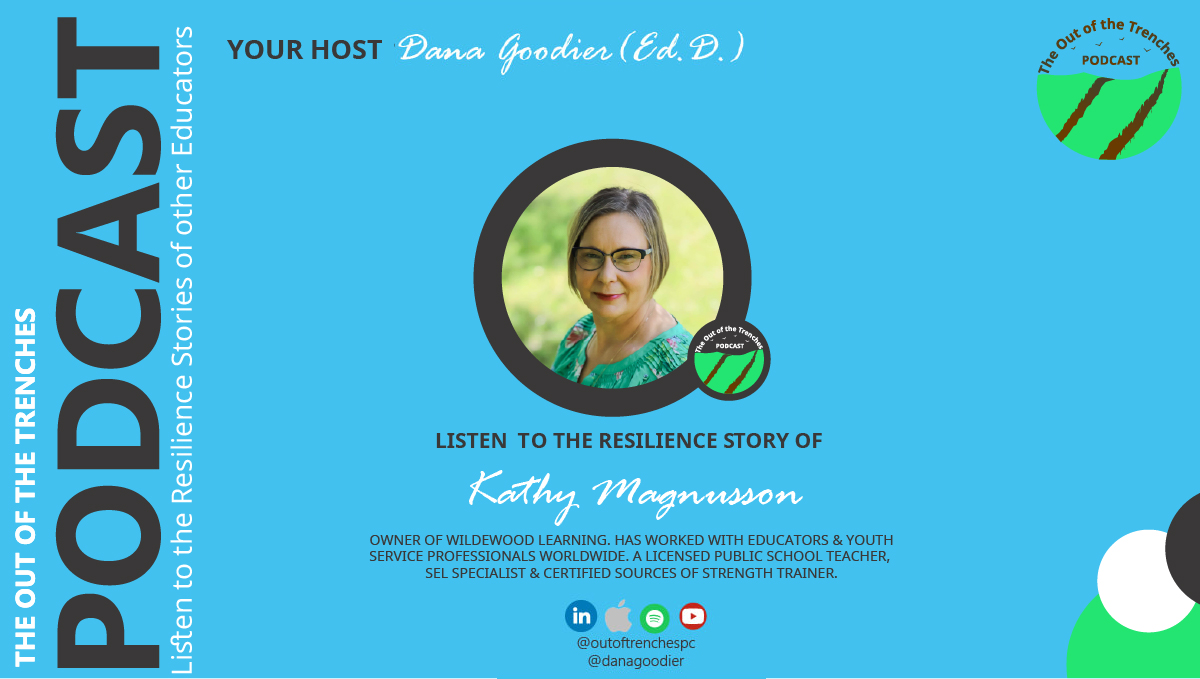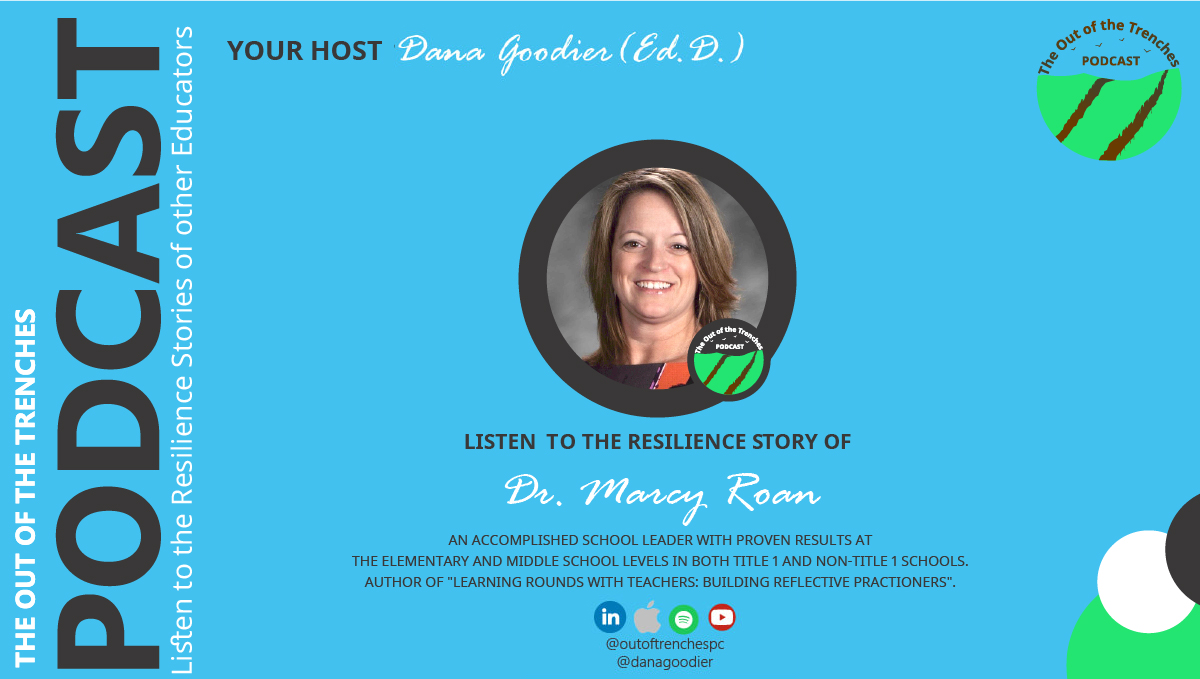Todd Stanley is a NBCT and the author of many teacher-education books including Project-Based Learning for Gifted Students (2nd edition), Promoting Rigor Through Higher-Level Questioning, and A Teacher’s Toolbox for Gifted Education. He served as classroom teacher for 18 years before becoming the gifted services coordinator for Pickerington Schools. He also serves as an adjunct professor at the University of Cincinnati.
Trenches story: various things in his educator timeline. When he was a student, had teachers who weren’t engaging. It’s good to see what not to do. He also had some great examples. In trig class, he learned so much more than in geometry, even when t’s talked at him. They had passion for teaching. As a teacher, 2 stories that were formative, did PBL here or there, when it came to trying things, he had students who were old enough, they came back to visit. They didn’t remember WS, but projects. Verbal, anecdote feedback. At end of teaching career, he did PBL all the time. Another one was when he was helping G/T student Matt who had on a KISS toboggan. He asked question. Todd said, “Let’s talk about that”. Another t thought Matt was trying to make Todd look bad. It’s their curiosity. We need to run w/ their curiosity. He had a parking lot space for kids to put their ?’s.
Let’s talk about your latest book: How the Hell Do We Motivate These Kids? this is for general ed. Which you also do a breakout session on. From his perspective, motivation comes down to do kids care about what they’re learning about and how they’re engaged. He can share, has 2 daughters, HS sophomore and junior in college. His HS daughter was “spoon-fed” her entire MS/Hs career, he had to work with her a lot with her on executive functioning. ES have a lot of chaos, kids in secondary are sitting in row. How do we make students learners and not “spoon feed them”. Too many t’s are going back to the way they did it before. We’re not differentiating, self-pacing it enough. Some t’s aren’t doing student-centered. HS is always the toughest nut to crack in terms of helping them engage in the learning. Case-based, Inquiry-based, Problem-based learning- give them choices in that they’re doing. He suggested PBL to a science teacher but teacher was afraid to let them. B/c kids weren’t interested, they caused problems. He never had a problem w/ Jacob who had a bad rep because he did project-based learning. You have to show them you care about their learning. We don’t explain the why enough to students, esp. in terms of social studies. It’s not “because you have to know it for the test”.
How can we better serve twice exceptional students (esp. those of color who are under identified)? When he first started out, they said sped students couldn’t be G/T. It became an instructional strategy for Todd. He chunked things. Sped students can sometimes be more gifted. 2 E’s is kind of a new term but have been there all along. Todd’s doing some work on it. Emily Kirscher Morris- has a neurodiversity podcast. Identification is a big one. We have to find ways to properly look for their needs/talents. There’s not alot of t training. Not many t’s are good at both. You have to address both. Start w/ strengths-based approach.2 E kids lack executive functioning skills. T’s can try to explicitly teach E.F. skills. Not all parents can teach that. Todd didn’t know to take notes when he started college. He sees t’s say “study for the test” but we don’t show them how to study. A dr. friend of his learned how to study. They whole grade screen
twice a year, use iReady reading/math for OH. FL, TX, districts don’t get tested unless parent requests or t recommends.
How can parents & teachers of G/T kids help them avoid the “perfectionist” syndrome? (Referring to SEL resources for G/T on webpage) When they’re worried about an F- we’ve set up the having to be perfect, students need to learn it’s OK to make mistakes. He teaches online students abroad who don’t have letter grades. We need to focus on intrinsic not extrinsic motivation. Perfectionist thinking is often caused by parents w/ high expectations. We need to be careful of that as parents. As parents we need to get rid of “buts”. Teachers should also stop expecting perfection. 4’s give also no room for error. Stop having deficit model. Tell your students there’s no such thing as perfection. Culture where it’s ok to make mistakes. Instead of multiple choice, do performance-based tasks. Spelling bees aren’t good for perfectionists. We can set up work, assessments where it’s ok to take risks. Perfect example is math- if you don’t get the perfect answer, you’re marked off. IF you show correct thinking, you should still get credit.
We can talk about Authentic Learning-which offers teaching strategies that allow educators to provide students with authentic learning experiences that they can apply to their lives in school. Are we still striving to provide these authentic learning experiences now post-pandemic? Book about Inquiry Learning that came out last month. When he was writing Authentic Learning, discovered Problem-Based Learning. They all tie together. He has a graphic he can use to explain. Case-based learning starts at the beginning. Problem-based learning is the process. He can simplify it as well.
You host the Learn Like a Pirate Twitter chat the first Monday of every month 6 MST, 8 EST? He hosts once a month. Paul Solaris is the writer of Learn Like a Pirate. #LearnLAP Todd is a guest host. Their PBL books are very similar in thinking. They’re writing a book (just started)-it’s on collaboration. He has co-written 4 others- it wasn’t a true collaboration. Has written 22 books
by himself. This is a forum where thought-provoking questions are asked and then educators from all over the country share their responses, every 7 minutes there’s a ?. They’re not designed to have a correct or incorrect answer. It’s the convo that comes as a result. Being an educator is about community. The best t’s are life-long learners. This worked this time but may not work next time. We always have to be adapting. He won’t give t’s advice unless he’s tried it himself. For PBL K-2 book, he went into a colleague’s CR to try them out himself. Some univ. people haven’t been in a CR lately, they need to try it out themselves.
Some topics the chat has covered in the past:
– The Difference Between Doing Projects and Project-Based Learning
– How to Set Students Up to Successfully Collaborate
– The Importance of 21st Century Skills
– Challenging Students in a Virtual Environment
Out of everything? his philosophy of teaching is “if you’re doing what’s best for kids, you’re in good shape Share on X”. He gave MC tests when he started teaching. Isn’t it better to give feedback. We can’t tell kids to think outside the box when we have “boxed” assessment. Don’t do what’s easiest for you, do what’s best for kids. We need to set up CR like life’s going to be.
Find Todd online: www.thegiftedguy.com– has a lot of free resources. Todd talks- 20 m videos. Twitter @the_gifted_guy
MORE EPISODES

